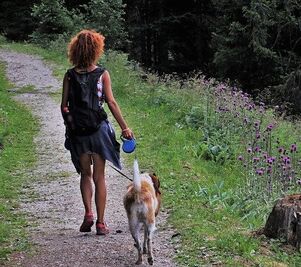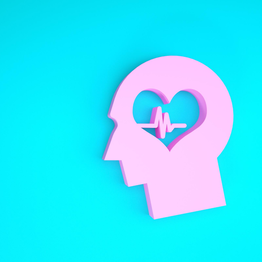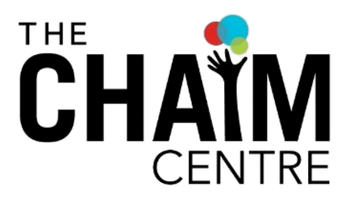RESEARCH THEMES
CHAIM Centre researchers focus on many areas related to human mental and physical health. Nonetheless, various thematic concentrations (which are not entirely distinct from one another) have emerged, reflecting our collaborations and partnerships, outreach, programs, and applications.
One HealthOne Health is systems-based approach to that brings together human (physical and mental), animal, and environmental health to create a holistic and interdisciplinary framework to guide strategies for the prevention, management, and treatment of global health issues. This holistic approach is inherent to Indigenous conceptions of wellness, which informs some of the research conducted by CHAIM researchers. Further research ranges from understanding anti-microbial resistance, to understanding the human-animal relationship, to risk communications to prevent disease spread.
|
Environmental & Occupational HealthEnvironmental health involves understanding and addressing factors in both the built and natural environments that affect human health. The environmental health research conducted by CHAIM researchers includes issues associated with climate change, environmental toxins and pollution, air and water quality, urban design features (walkability and greenness) and food security.
CHAIM researchers are also involved in several occupational health research activities. These programs are focused on understanding the health effects among workers exposed to ionizing radiation, diesel exhaust, and studies of vulnerable workers such as caregivers and other essential personnel. |
Social & Cultural Health InequitiesSocial and cultural factors are strong determinants of health and wellness, and include poverty, gender, aging, and cultural world views and practices, among others. CHAIM researchers incorporate recognition of these determinants of health to consider the implications for healthcare inequities, and policies and programs to address them. Particular research strengths take a comprehensive perspective to understand and address health inequities associated with poverty, aging, racism, and colonization.
|
Stress, Trauma, and ResilienceMany stress-related pathologies and illnesses can co-occur with physical health challenges and are often preventable. The Working Group on Stress, Trauma, and Resilience was established to identify the factors that contribute to the development of stress-related pathology and determine the processes that promote resilience. These factors can then lead to the development of interventions and treatments to attenuate these illnesses alongside the importance of community outreach, knowledge translation, and informing policy using the research.
|
Probing QuestionsApproaches to human health often require a re-assessment of assumptions, prevailing strategies for health promotion, and the exploration of innovative possibilities. Such questions often surface in response to emergent risks, or social and environmental disruptions that point to unrecognized opportunities and/or global challenges without adequate solutions. Our activities to address probing questions highlight how research and activities within each of the thematic areas is directly addressing current health challenges (COVID-19 pandemic, Black Lives Matter).
|







